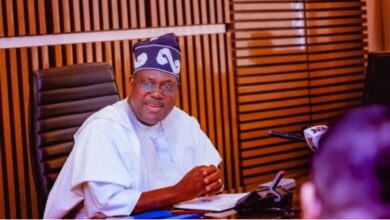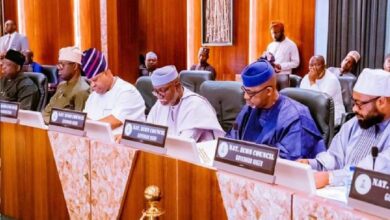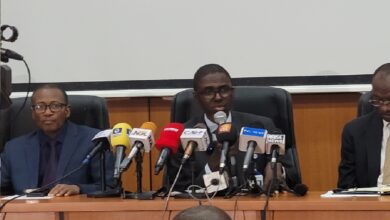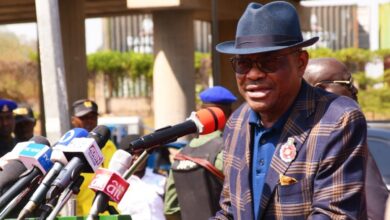How the World Bank is Helping Nigeria Fight Poverty and Inflation with $15 Billion
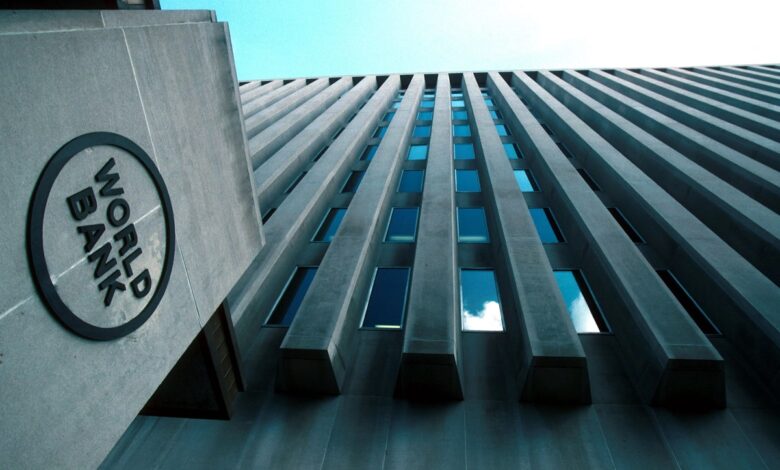
Nigeria, Africa’s most populous and largest economy, is facing a tough economic situation, with high inflation and poverty rates. To help the country overcome these challenges, the World Bank has committed over $15 billion to support 30 development programmes across the federal and state levels.
The World Bank revealed this in a statement on Wednesday, saying that the programmes aim to improve the lives of Nigerians by addressing the root causes of poverty and promoting inclusive and sustainable growth. The programmes cover various sectors, such as health, education, agriculture, infrastructure, social protection, governance, and climate change.
The World Bank also said that it provides expert advice and support to the Nigerian government and other stakeholders, through analytics, policy advisory, institutional strengthening, and implementation support initiatives. These initiatives help to analyse complex situations, suggest effective policies, strengthen institutions, and ensure the successful execution of the projects.
In addition, the World Bank’s private sector arm, the International Finance Corporation (IFC), has a $2 billion investment portfolio in Nigeria, which is the second largest in Africa. The IFC’s strategic objectives in Nigeria are to support diversified growth, enhance inclusion, and promote sustainability and job creation. The IFC’s work in Nigeria focuses on boosting universal energy access and green energy adoption, fostering increased access to finance for micro, small, and medium-sized enterprises (MSMEs) through financial intermediaries, and supporting agribusiness and manufacturing to enhance food security, meet domestic needs, and grow exports.
The World Bank’s intervention in Nigeria comes at a critical time, as the country grapples with the effects of the COVID-19 pandemic and the global oil price shock, which have worsened the economic hardship and living conditions of many Nigerians. According to the National Bureau of Statistics, the headline and food inflation rates in Nigeria were 28.92 and 32.84 per cent, respectively, in December. This means that the prices of goods and services have increased significantly, making life more difficult for the poor and vulnerable. As a result, some Nigerians in Suleja, Niger State, and Lokoja, Kogi State, have staged protests against the rising cost of living.

